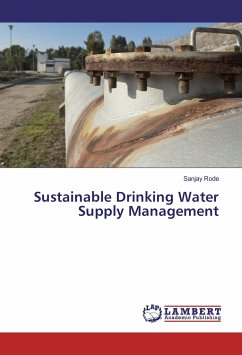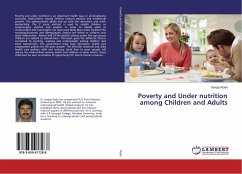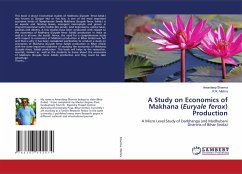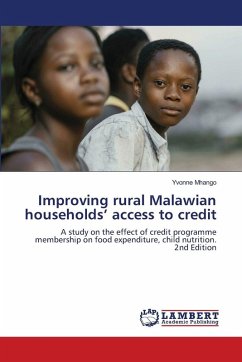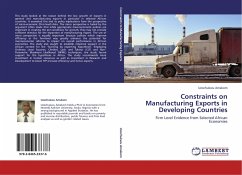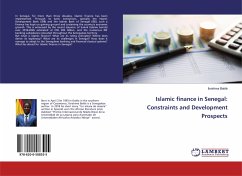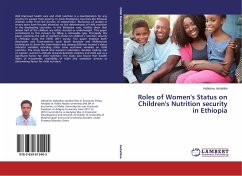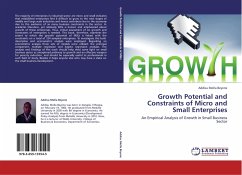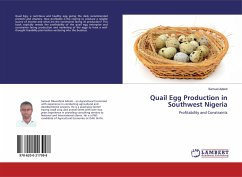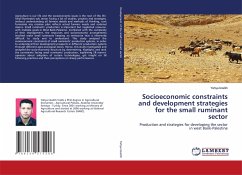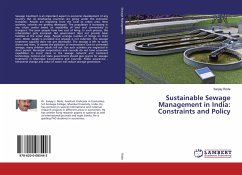
Sustainable Sewage Management in India: Constraints and Policy
Versandkostenfrei!
Versandfertig in 6-10 Tagen
36,99 €
inkl. MwSt.

PAYBACK Punkte
18 °P sammeln!
Sewage treatment is an important aspect in economic development of any country. But all developing countries are going under the economic transition. People are migrating from the rural to urban area. New societies, colonies are getting developed. The population is increasing in any urban center based on availability of land and connectivity to transport. The poor people have low cost of living. In such process, the urbanization gets increased. But government does not provide basic facilities at the initial stage. People arrange number of things on their own. Water supply is provided but sewag...
Sewage treatment is an important aspect in economic development of any country. But all developing countries are going under the economic transition. People are migrating from the rural to urban area. New societies, colonies are getting developed. The population is increasing in any urban center based on availability of land and connectivity to transport. The poor people have low cost of living. In such process, the urbanization gets increased. But government does not provide basic facilities at the initial stage. People arrange number of things on their own. Water supply is provided but sewage is not collected. The sewage treatment capacity does not get developed. The sewage is left to open drains and rivers. It creates the pollution of environment. Due to untreated sewage, many children adults fall sick. But such activities are neglected in short period. Municipal corporations and councils do not have economic capabilities to invest more in the sewage network and treatment technology. Central and State government should give grants for sewage treatment in Municipal Corporations and Councils. Public awareness , behavioral change and value of water will reduce sewage generation.



